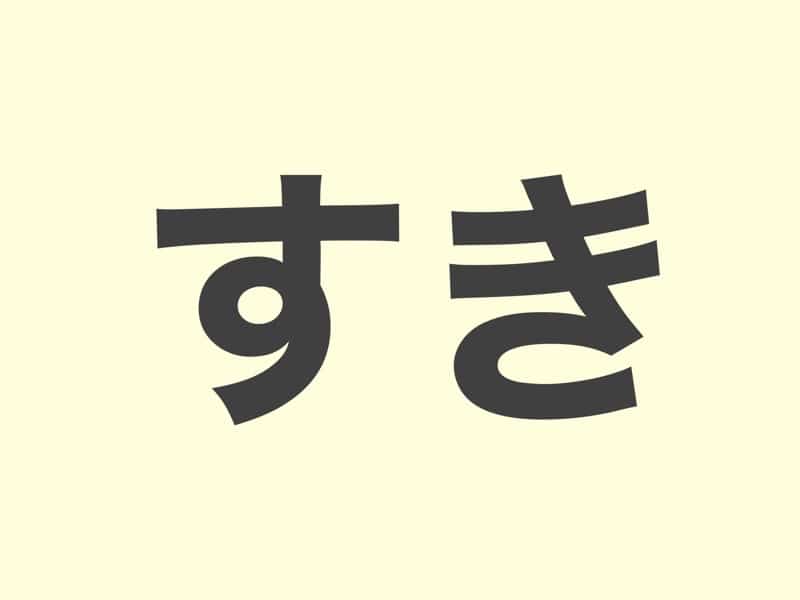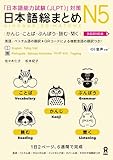Understanding how to express your likes and dislikes is crucial for effective communication in any language. In Japanese, the term “すき” (suki) is the key word for expressing affection or preference. Whether you want to share your favorite foods, hobbies, or interests, mastering the use of “すき” (suki) will enhance your conversations and help you connect with others.
JLPT Textbook Recommendations
I like / I don’t like
| Present | Present negative | Past | Past negative | |
| Like | すきです (suki desu) | すきじゃありません (suki jaarimasen) | すきでした (suki deshita) | すきじゃありませんでした (suki jaarimasen deshita) |
| Hate | きらいです (kirai desu) | きらいじゃありません (kirai jaarimasen) | きらいでした (kirai deshita) | きらいじゃありませんでした (kirai jaarimasen deshita) |
“To say “I don’t like” in Japanese, you can use the phrase “すきじゃありません” (suki jaarimasen) “きらいです” (kirai desu) is a more direct and stronger expression of dislike.
To express “I like” and “I hate” in Japanese, you need to use the particle “が” (ga).
- 日本料理が好きです。(にほんりょうりがすきです)
Romaji: Nihon ryōri ga suki desu.
English: “I like Japanese cuisine.” - 映画が好きです。(えいががすきです)
Romaji: Eiga ga suki desu.
English: “I like movies.” - スポーツが好きです。(スポーツがすきです)
Romaji: Supōtsu ga suki desu.
English: “I like sports.”
Do you like?
If you want to ask questions, simply add “か” (ka) at the end of the sentence.
りょこうがすきですか。
ryokō ga suki desuka
Do you like traveling?
→ はい、すきです。 (hai, suki desu.) – Yes, I like.
→ いいえ、すきじゃありません。 (iie, suki ja arimasen.) – No, I don’t like.
If you want to learn how to ask “What kind of ~ do you like?”, this lesson is for you.





コメント